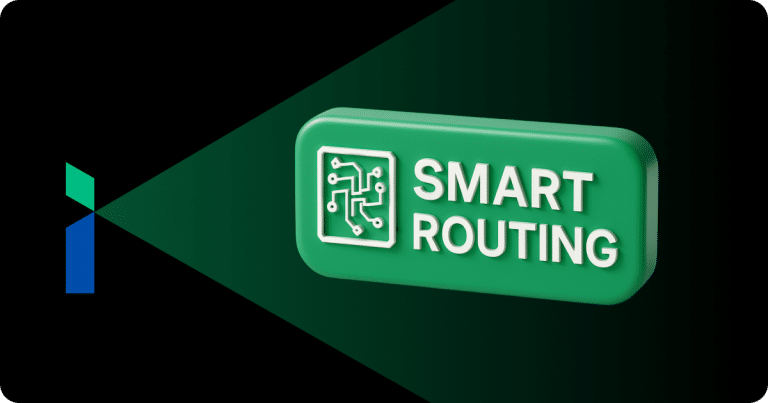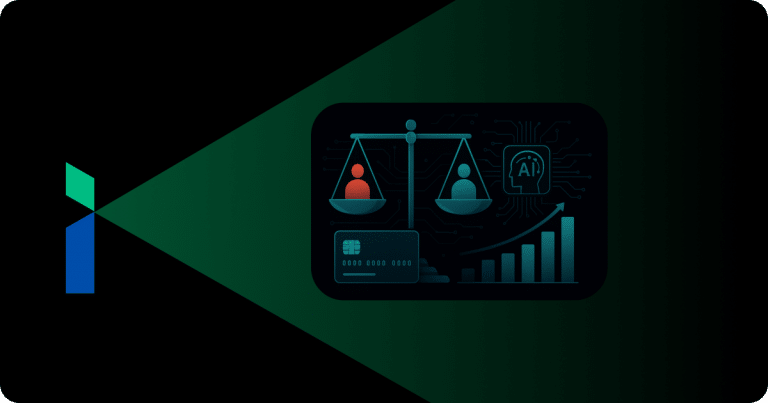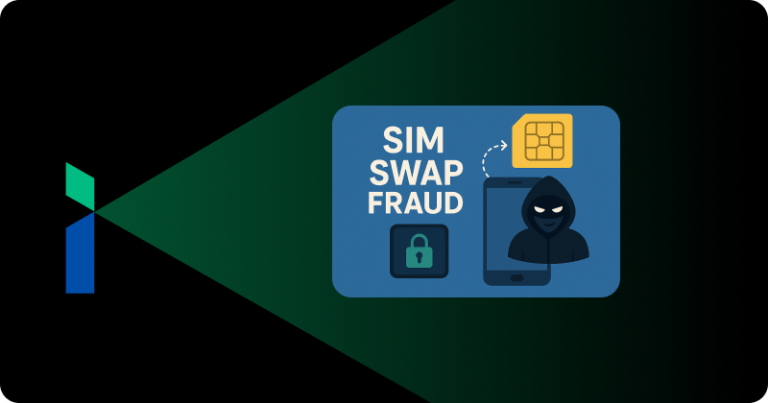Overview:
- What is Customer Due Diligence/ Company Due Diligence (CDD)
- Role of Customer Due Diligence in Banks
- Key Elements of Customer Due Diligence
- Perfios’ CDD Platform – KSCAN
Customer Due Diligence/ Company Due Diligence (CDD) is a process of gathering and verifying information about a customer or a client in order to assess their identity, determine their risk as a customer, and comply with anti-money laundering (AML) and other regulatory requirements. It helps to mitigate the risk of illegal activities, such as money laundering, terrorism financing, and fraud.
The level of CDD required may vary based on the customer’s risk level and the type of products or services they are seeking.
Customer Due Diligence (CDD) is required for several reasons:
1. Compliance with regulations: CDD is a regulatory requirement that financial institutions and other organizations must comply with in order to prevent money laundering, terrorism financing, and other illegal activities.
2. Risk assessment: CDD helps organizations to assess the risk of a customer or client and determine whether they pose a potential risk for illegal activities.
3. Fraud prevention: CDD helps to verify the customer’s identity and detect potential fraud.
4. Reputation protection: By conducting CDD, organizations can ensure that they are not involved in any illegal activities, which helps to protect their reputation and avoid legal consequences.
5. Support the fight against financial crimes: CDD is an important tool in the fight against financial crimes and helps to disrupt the flow of illegal funds.
Role of CDD for banks
Banks are required by law to conduct CDD on their customers in order to comply with anti-money laundering (AML) and countering the financing of terrorism (CFT) regulations.The specific requirements for CDD can vary by jurisdiction, but the general process typically includes the following steps:
- Customer identification: Banks must verify the customer’s identity using government-issued identification documents or other reliable sources.
- Customer risk assessment: Banks must assess the customer’s risk level and determine whether they pose a higher risk for illegal activities.
- Customer background checks: Banks may conduct background checks on the customer, including checking public records, sanctions lists, and other relevant databases.
- Source of funds and wealth verification: Banks must verify the customer’s source of funds and wealth, including their income, employment, and financial history.
- Ongoing monitoring: Banks must continuously monitor their customers and their transactions to identify any unusual or suspicious activities.
By conducting effective CDD, banks can reduce their risk of being used for illegal activities and ensure that they are in compliance with regulatory requirements.
Also, CDD helps banks to build and maintain trust with their customers by demonstrating their commitment to responsible and ethical banking practices.
Elements of Customer Due Diligence
The four key elements of Customer Due Diligence (CDD) are:
- Customer Identification: This involves verifying the customer’s identity, including their name, address, date of birth, and other relevant information.
- Customer Risk Assessment: This involves evaluating the customer’s risk level based on factors such as their country of origin, their business activities, and their transaction history.
- Source of Funds Verification: This involves verifying the source of the customer’s funds to ensure that they are not obtained from illegal activities.
- Ongoing Monitoring: This involves continuously monitoring the customer’s transactions for any unusual or suspicious activity, and updating the customer’s risk level and CDD information as necessary.
By incorporating these elements, organizations can conduct effective CDD, comply with regulatory requirements, and reduce the risk of being used for illegal activities
Guideline by RBI for Customer Due Diligence
The Reserve Bank of India (RBI) has issued various guidelines and regulations related to Customer Due Diligence (CDD) for financial institutions operating in India. The main objective of these regulations is to prevent financial crimes such as money laundering, terrorism financing, and fraud.
As per the RBI guidelines, financial institutions are required to implement robust customer identification and verification procedures, assess the customer’s risk level, and continuously monitor their transactions for any unusual or suspicious activity.
Financial institutions are also required to maintain accurate and complete records of the CDD process and the information gathered during the process.
The RBI has also established customer identification requirements, including the use of government-issued identification documents, such as a passport or Aadhaar card, and the requirement to verify the customer’s identity using reliable sources.
Additionally, the RBI has set out specific due diligence requirements for high-risk customers, such as politically exposed persons (PEPs), and for high-risk countries.
Perfios’ state-of-the-art automated Customer Due Diligence Platform – KScan
It is important to gain a deep understanding of the parties involved while taking decisions related to onboarding, underwriting, GTM optimization, risk assessment, and more. KScan gives a comprehensive view of demographics, business, negativities, management, ownership structure and financials in one easy to understand report generated at the click of a button.
Omkar Shirhatti, CPO, Perfios stated:
“Digitization is inevitable. Rapid digitization sometimes compromises risk compliance and procedures. Our aim is to ensure secure digitalization efforts and enable businesses to achieve spectacular customer experiences without compromising on quality and compliance. Like we say, before you put your money on the line do drop us a line!”
KScan is the most comprehensive Digital Due Diligence platform, a singular source of truth, that facilitates credible intelligence about businesses and individuals aiding to better financial decisioning. So, before you put your money on the line, do a quick KScan
Integrating 900+ disparate sources, KScan compiles intelligence on 25Mn+ businesses and 800Mn+ individuals. Processing 2Mn+ records each hour, KScan is built on a state-of-the-art Data Engineering Pipeline equipped with latest Big Data Technologies and proprietary AI Algorithms to stitch together intelligence, identify fraudulent patterns and deliver results in milliseconds to our consumers.
By complying with the RBI’s CDD regulations, financial institutions can reduce the risk of being used for illegal activities, ensure compliance with regulatory requirements, and protect their reputation.
About Perfios: Perfios is the largest data, analytics, automation, and decisioning solution provider to FIs, catering to the entire lending lifecycle from onboarding to diligence & monitoring to collections. Perfios solutions enable systemic fraud prevention, risk management, compliance & automation through superior data engineering and deep tech applications.
In a nutshell, Perfios stands on the trifecta of digitization: automation, enhanced diligence, and robust decisioning for straight-through processing; thus, creating a state-of-the-art digitization process without compromising on security and quality. Perfios is a pioneer in the services it offers and has successfully acquired a very diverse portfolio of 300+ live clients, spanning across the largest gamut of use cases in the industry.














